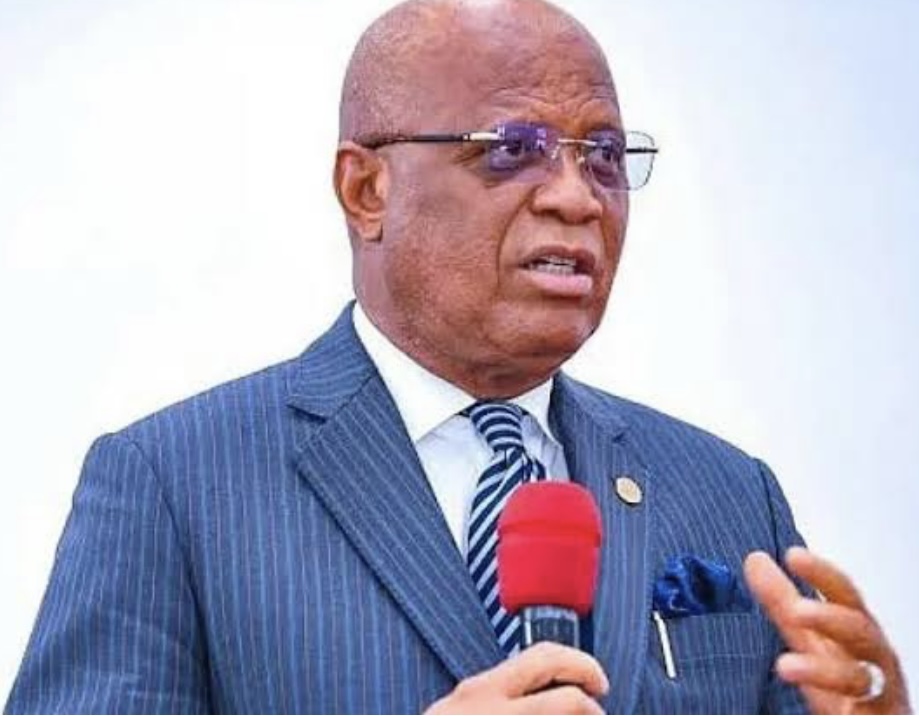Akwa Ibom state governor, Umo Eno was reported to have turned down requests by stakeholders to include the sale of eggs in the state subsidized food items, saying eating of eggs is not for the poor.
The governor turned down the appeal on Thursday during an enlarged State Executive Council meeting, where he signed into law the bill establishing the Bulk Purchase Agency which is mandated to sell food items to the vulnerable in the state.
According to the law, the agency has three staple food items – rice, beans and garri on its menu. The items are to be sold at 10kg each, and once a month to the vulnerable people already enrolled in the state social register.
One attendee at the ceremony, pointed out to the governor that garri and rice are carbohydrates while beans is the only protein on the list.
He suggested the inclusion of eggs, another protein source, particularly for the malnourished children in the society, but the governor dismissed the appeal.
“Poor people don’t eat eggs. Let’s look at staple foods,” the governor responded, while emphasising that the programme, being an intervention, will not last forever.
“We all know that there is real hunger in the land. Our people need food, so as a government, we proposed that we intervene in the high cost of food in our state.
“The only way we can do that is to set up an agency that will do a direct intervention in the market and get food to our people at a reduced price – that is what the agency seeks to address,” he said.
Also during the bill signing ceremony, Frank Ekpenyong, an aide to the governor on ICT, and a representative of the Nigeria Security Printing and Minting Company PLC, made a presentation on how the scheme will work.
According to Ekpenyong, the state government selected the accredited market agents that will sell the staple food items to the beneficiaries, who are to pay 70 per cent while the government subsidises 30 per cent, including a provision of five per cent as service charge (interest) to the market agents.
The agency will provide vouchers to qualify individuals enabling them to buy staple foods through accredited market agents, the governor’s aide said.
“The people will take the vouchers to the accredited agents and get garri, beans and rice once a month – not more than 10kg of each of these items.
“The agents will take the vouchers to the government and claim their money with 5 per cent interest as a service charge,” Mr Ekpenyong added.
The voucher is designed and printed by the Nigerian Security Printing and Minting Company, a Nigerian company which also handles the printing of the nation’s currency – naira.
Explaining the security feature on the voucher to the governor, who queried if any other printing company cannot produce the voucher, a representative of the Nigerian Security Printing and Minting Company, said the papers are customised and cannot be imported to the country without the approval of the Central Bank of Nigeria, a description that suggest that the papers for voucher printing may be as expensive, if not more than the food items.
Raising concerns after the presentation, the chairperson of the Nigeria Labour Congress in the state, Sunny James wondered why the voucher cannot be printed in Nigeria, adding that past experiences has shown that sometimes the cost of printing the nation’s currency is often higher than the value of the naira itself.




